Are Fishing Lodges Worth the Money? Pros and Cons
Fishing lodges represent a significant investment for anglers seeking dedicated fishing experiences. These specialized accommodations offer a focused environment for fishing enthusiasts, but they come with substantial price tags that can range from hundreds to thousands of dollars per day. Many anglers find themselves weighing the potential benefits against the costs, wondering if the experience justifies the expense. The decision to book a stay at a fishing lodge involves considering numerous factors, from the quality of fishing opportunities and expertise of guides to the comfort of accommodations and the overall experience.
This comprehensive analysis examines both sides of the equation to help you determine whether fishing lodges deliver value commensurate with their often premium pricing.
What Exactly Are Fishing Lodges?
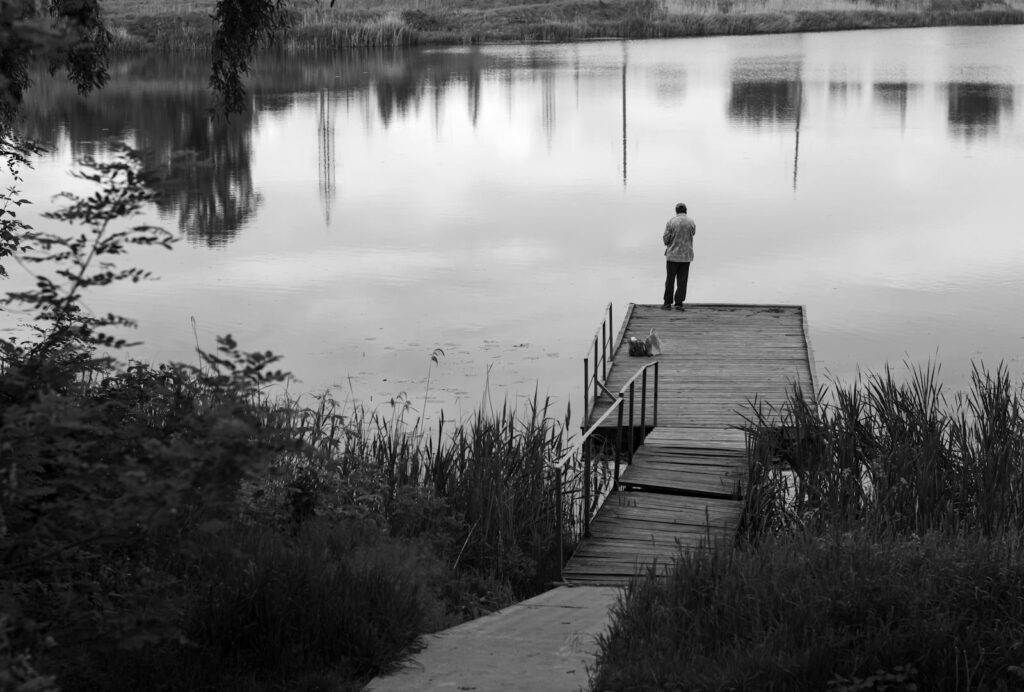
Fishing lodges are specialized accommodations designed specifically for anglers, typically located in prime fishing destinations with direct access to productive waters. Unlike standard hotels or cabins, these establishments focus their entire operation around the fishing experience, often including guided services, equipment, meals, and sometimes transportation to fishing spots. Most fishing lodges operate on all-inclusive or package models where a single price covers lodging, meals, guided fishing, and sometimes even equipment rental. The properties range from rustic outposts in remote wilderness to luxury destinations with amenities rivaling high-end resorts.
What distinguishes fishing lodges from other accommodations is their singular focus on creating optimal fishing experiences, with staff, facilities, and operations all centered around getting anglers on fish.
The Cost Factor: What You’re Actually Paying For
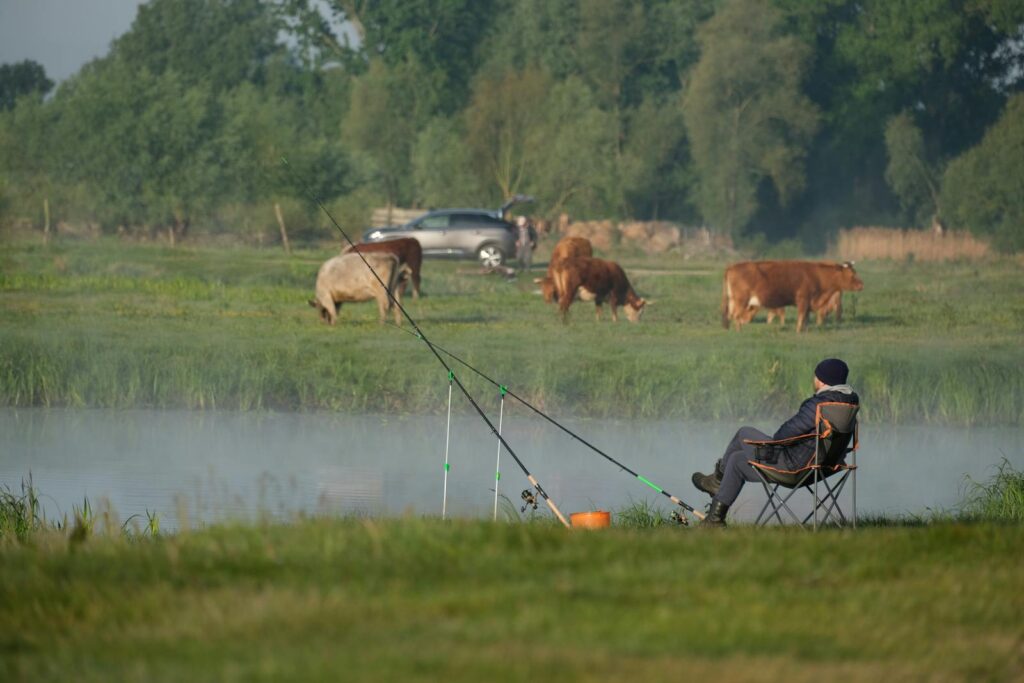
When examining the price tag of fishing lodges, it’s important to understand what comprises these costs. The all-inclusive rates typically cover accommodations, three meals daily, professional guiding services, boats with motors, and sometimes transportation to and from fishing locations. Many premium lodges also include high-quality fishing equipment, cleaning and packaging of your catch, and transfers from nearby airports or towns. Behind these visible offerings are significant operational costs including remote location logistics, maintenance of quality boats and gear, salaries for experienced guides, and food transportation to isolated areas.
Seasonality heavily influences pricing, with peak fishing seasons commanding premium rates due to higher catch probabilities and optimal conditions. The exclusivity factor also plays a role – lodges with limited capacity in pristine, difficult-to-access locations justify higher prices through the unique experience they provide.
Pro: Expert Guides and Local Knowledge
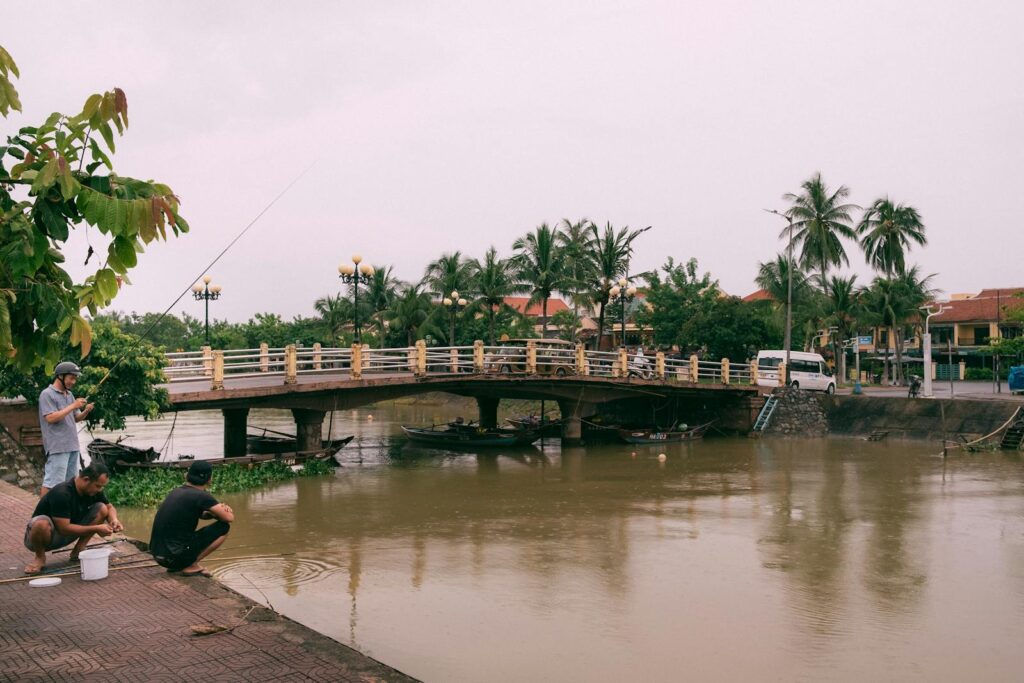
One of the most valuable assets fishing lodges offer is access to professional guides with intimate knowledge of local waters. These experts typically have years, often decades, of experience fishing the specific lakes, rivers, or coastal areas surrounding the lodge. Their knowledge encompasses seasonal fish movements, productive structures, effective techniques, and the ability to adapt to changing conditions – insights that would take visitors years to develop independently. Many guides maintain detailed logs of fishing conditions, successful patterns, and notable catches, allowing them to put clients on fish even in challenging circumstances.
The educational aspect of working with expert guides extends beyond just catching more fish; anglers often develop improved techniques, learn new approaches, and gain broader understanding of fish behavior that enhances their fishing abilities long after their lodge stay concludes.
Pro: Premium Access to Productive Waters
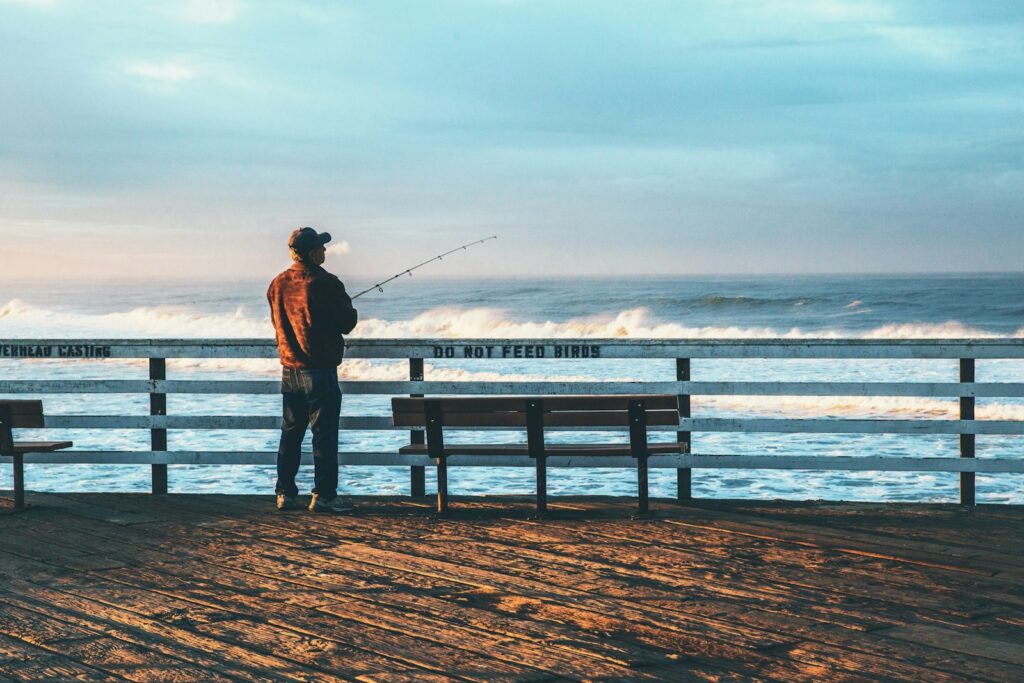
Fishing lodges frequently control access to exceptional fishing waters through various means, providing a significant advantage to their guests. Many establish themselves on private property with exclusive rights to certain lakes, streams, or coastlines, effectively creating private fishing preserves for their clients. Others secure special permits or leases for public waters that limit the number of anglers allowed, ensuring uncrowded fishing experiences. Remote lodges benefit from their difficult-to-reach locations, effectively filtering out casual anglers and day-trippers who lack the means to access these pristine areas.
The strategic positioning of most fishing lodges means guests can reach prime fishing spots quickly, maximizing productive time on the water rather than spending hours traveling to fishing locations.
Pro: Quality Equipment and Boats
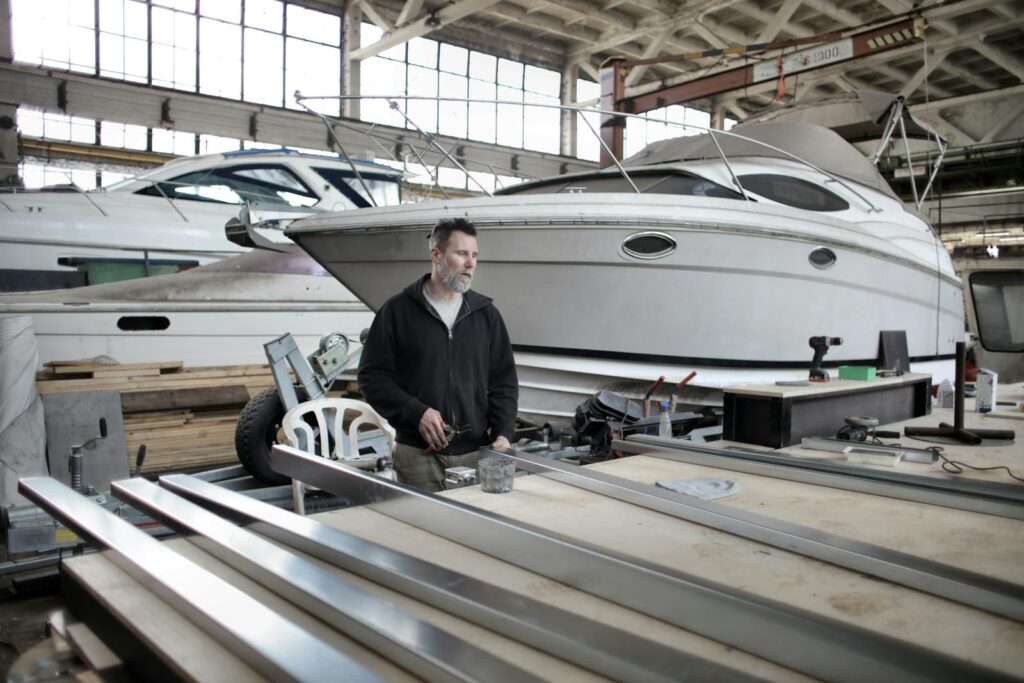
High-quality fishing lodges maintain fleets of well-maintained, purpose-specific boats that are properly equipped for the local fishing conditions. These vessels typically include features like reliable motors, fish finders, comfortable seating, and protection from the elements that rental boats or guide services might not offer. Many lodges provide premium fishing tackle tailored to the target species, saving guests from transporting their own equipment and ensuring they have appropriate gear for local conditions. The equipment offering often includes specialized items that most anglers wouldn’t ordinarily own, such as fly fishing setups for specific species, heavy-duty saltwater gear, or ice fishing equipment.
The convenience of having everything maintained, prepared, and ready each morning eliminates the hassle of gear management, allowing guests to focus entirely on the fishing experience.
Pro: All-Inclusive Convenience
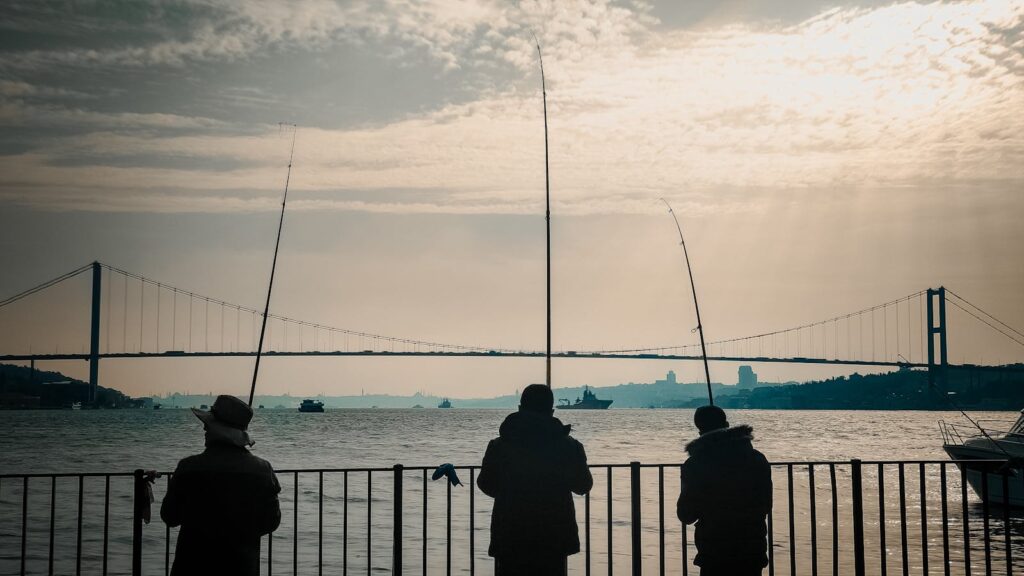
The all-inclusive model adopted by most fishing lodges creates a hassle-free experience that allows anglers to focus entirely on fishing rather than logistics. From the moment guests arrive, virtually every need is anticipated and addressed – meals appear at scheduled times, boats are prepared and waiting, and guides have daily plans ready based on conditions. Many lodges handle fish cleaning, packaging, and sometimes even shipping of catches, eliminating post-fishing chores that can be time-consuming and messy. For travelers in unfamiliar or remote areas, the removal of planning burdens like finding restaurants, arranging transportation, or securing fishing permits provides significant peace of mind.
The convenience factor becomes particularly valuable in remote locations where alternatives for accommodation, food, and guiding services simply don’t exist within reasonable distances.
Pro: Camaraderie and Networking

Fishing lodges create natural environments for building relationships with like-minded individuals who share a passion for angling. The communal nature of most lodges, with shared meals and gathering spaces, facilitates connections between guests from diverse backgrounds united by their enthusiasm for fishing. These interactions often result in the exchange of fishing knowledge, techniques, and stories that enhance the overall experience and learning opportunities. Many lasting friendships and future fishing partnerships form at lodges, with anglers frequently planning return trips together or exploring new destinations as groups.
For business professionals, the relaxed setting of fishing lodges can provide unique networking opportunities outside traditional corporate environments, allowing for relationship-building in an authentic, shared-interest context.
Pro: Comfortable Accommodations in Remote Settings
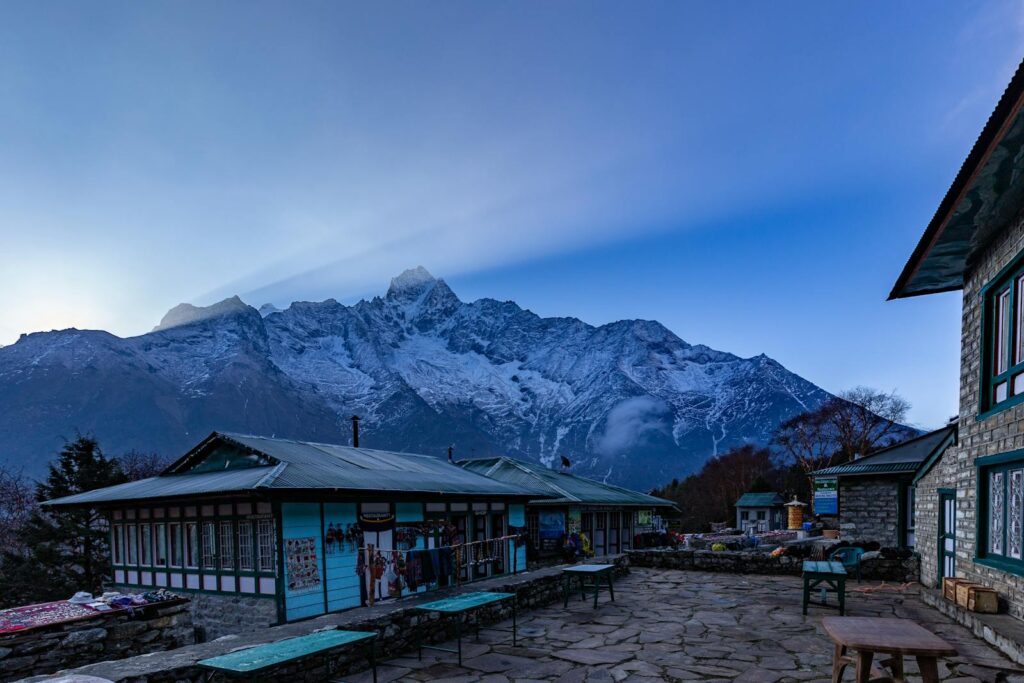
Quality fishing lodges offer a level of comfort that would be impossible to achieve on self-guided wilderness fishing trips, providing a welcome contrast to the physical demands of full days on the water. After long fishing sessions in potentially challenging weather conditions, guests can return to proper beds, hot showers, climate-controlled environments, and other comforts that enhance recovery and preparation for the next day’s fishing. Many premium lodges integrate surprisingly luxurious amenities into remote settings, including features like massage services, saunas, hot tubs, and high-quality furnishings that create a resort-like experience in wilderness locations.
The accommodation quality significantly impacts energy levels and overall enjoyment during multi-day fishing trips, allowing anglers to fish harder and longer than they might when camping or staying in basic accommodations. For older anglers or those with physical limitations, comfortable lodging can make the difference between an enjoyable extended fishing trip and an uncomfortable ordeal.
Pro: Quality Dining Experiences
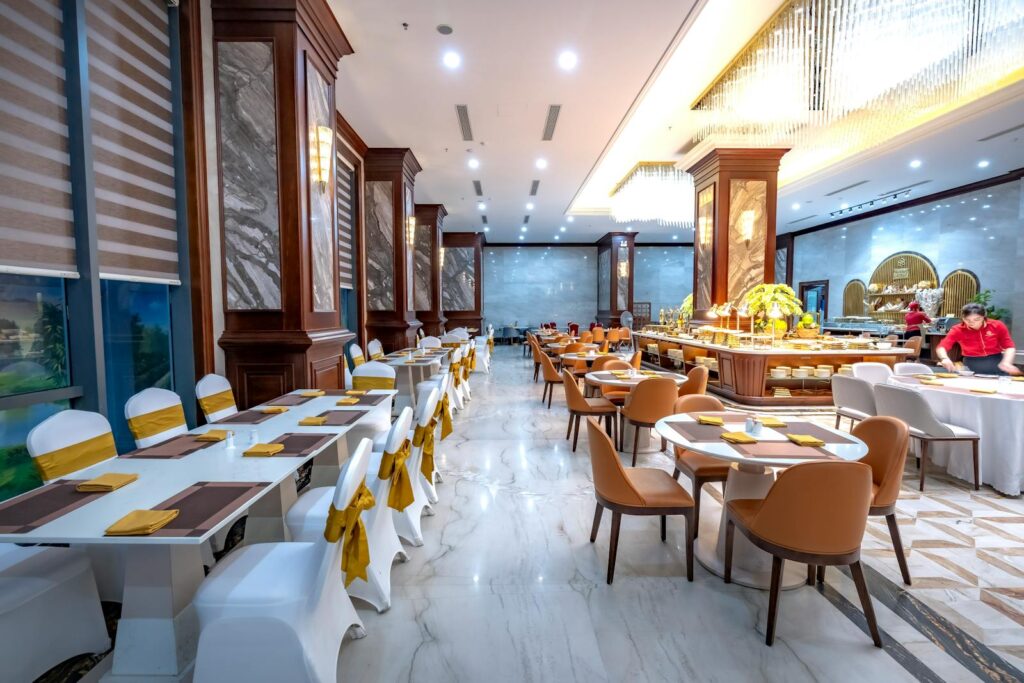
Reputable fishing lodges place considerable emphasis on providing excellent food, recognizing that quality meals are essential for energy, morale, and overall satisfaction during physically demanding fishing days. Many establishments employ professional chefs who create impressive culinary experiences despite remote locations, often featuring fresh catches prepared in multiple ways alongside diverse menu options. The dining component frequently incorporates local specialties and ingredients that connect guests with regional food traditions, adding a cultural dimension to the fishing experience.
Hearty breakfasts, packed lunches for the water, and substantial dinners are timed around fishing schedules to maximize time on the water while ensuring anglers remain well-nourished. For many guests, the surprising quality of meals in remote settings becomes a memorable highlight that enhances the perceived value of their lodge experience.
Con: Significant Financial Investment

The most obvious drawback to fishing lodges is their substantial cost, which places them beyond the financial reach of many recreational anglers. Weekly packages at premium destinations can easily exceed $4,000-$10,000 per person, representing a major expenditure compared to self-guided fishing trips or day guide services. When factoring in travel costs to remote locations, appropriate gratuities for staff (typically 15-20% of the package price), and any additional expenses, the total investment can be comparable to international vacations or luxury cruises. The high fixed costs mean limited flexibility – most lodges require minimum stays of 3-7 days, preventing anglers from adjusting trip length to reduce expenses.
For those with families, the specialized nature and cost of fishing lodges often means choosing between a family vacation and a dedicated fishing trip, creating additional opportunity costs beyond the direct expenses.
Con: Schedule Rigidity

Most fishing lodges operate on structured schedules that provide limited flexibility for guests who might prefer more personalized timing. Fixed meal times, predetermined fishing hours, and scheduled boat departures create a regimented experience that some anglers find restrictive compared to self-guided trips where they control their own timetable. The group-oriented nature of many lodge operations means individual preferences sometimes must yield to the collective schedule, potentially limiting early morning or late evening fishing when conditions might be optimal.
Weather contingency options can be limited, with some lodges having few alternatives when conditions prevent the standard fishing program from operating as planned. For anglers who value spontaneity or prefer to make in-the-moment decisions based on conditions and personal energy levels, the structured nature of lodge experiences can feel constraining.
Con: Limited Exploration and Self-Discovery
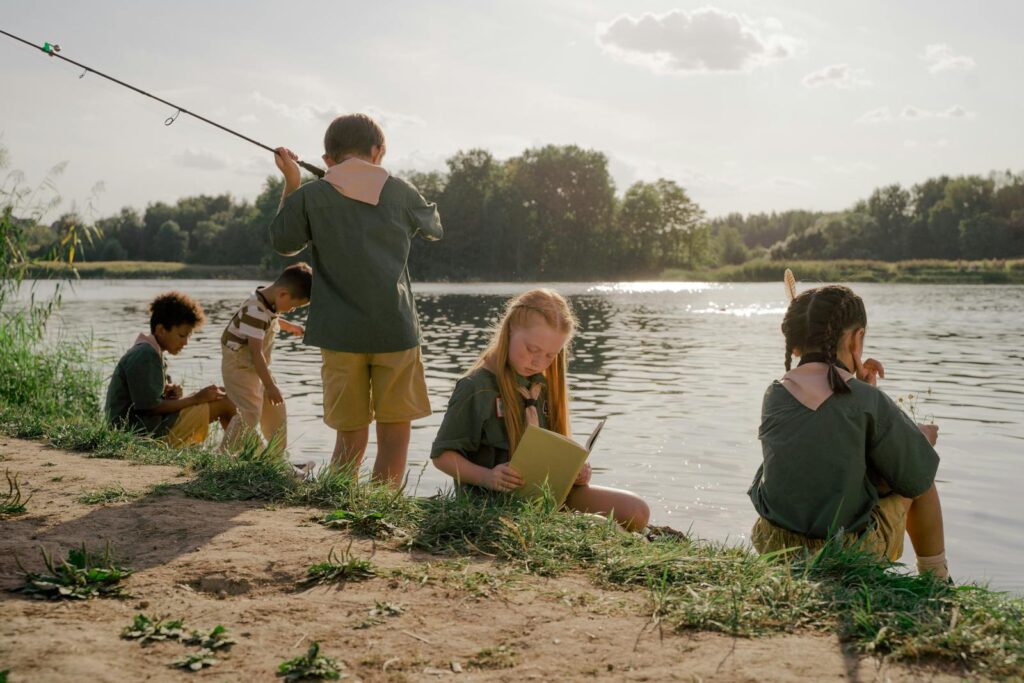
Guided fishing at lodges inherently reduces the sense of personal exploration and discovery that many anglers value as part of their fishing experience. The satisfaction of independently finding productive spots, solving fishing puzzles through trial and error, and developing personal knowledge of a fishery is largely absent when following guides who make most tactical decisions. Many anglers find that guided experiences, while productive, lack the deeper connection to place and sense of accomplishment that comes from self-guided fishing successes.
The predetermined nature of most lodge fishing programs means limited opportunities to venture off the beaten path or pursue unexpected opportunities that might arise. For those who fish primarily for the journey of discovery rather than maximizing catch rates, the efficiency-focused approach of guided lodge fishing may feel like it strips away essential elements of the angling experience.
Con: Social Pressure and Compatibility Issues
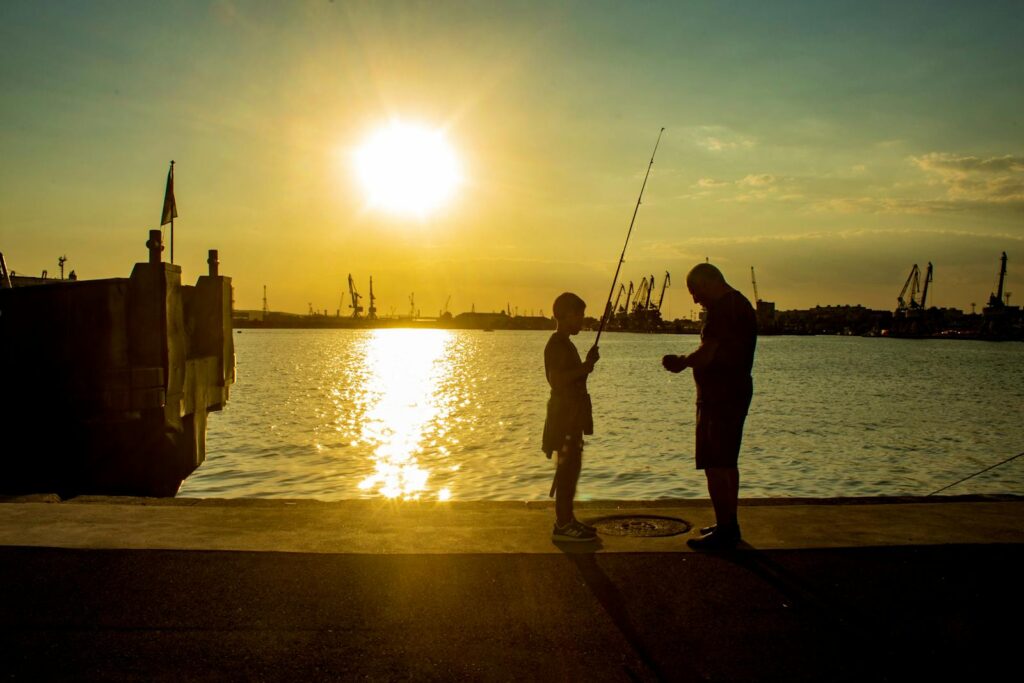
The communal nature of fishing lodges creates potential for social friction or compatibility issues that can impact the overall experience. Shared dining tables, common areas, and sometimes shared guides or boats mean guests with different personalities, fishing styles, or expectations must coexist in close quarters. Performance pressure can emerge in lodge settings where catch results are often discussed at meals or displayed on catch boards, creating uncomfortable dynamics for less experienced anglers or those having slower fishing days.
The guide-client relationship, while usually positive, can occasionally involve personality mismatches or communication difficulties that are difficult to resolve in the lodge setting. For introverted anglers or those who use fishing as solitary decompression time, the social expectations and constant interaction at lodges may actually increase stress rather than providing the desired escape.
Finding the Right Balance: When Lodges Make Financial Sense

Fishing lodges offer optimal value in specific scenarios that justify their premium pricing beyond the simple calculation of dollars per fish caught. They represent excellent investments when targeting unfamiliar or technically challenging fisheries where local knowledge dramatically improves success rates and the learning curve for self-guided approaches would be prohibitively steep. Remote destinations with limited infrastructure make lodges particularly valuable, as the logistical challenges of self-supported trips to such locations often prove impractical or impossible without local support systems.
For time-constrained anglers, the efficiency of lodge experiences – with maximized fishing time and minimized planning – can justify higher costs when considering the opportunity cost of their limited available fishing days. Special occasions and bucket-list fishing trips often warrant the additional expense of quality lodges, as the comprehensive experience creates lasting memories beyond what typical fishing outings might provide.
Alternatives to Traditional Fishing Lodges
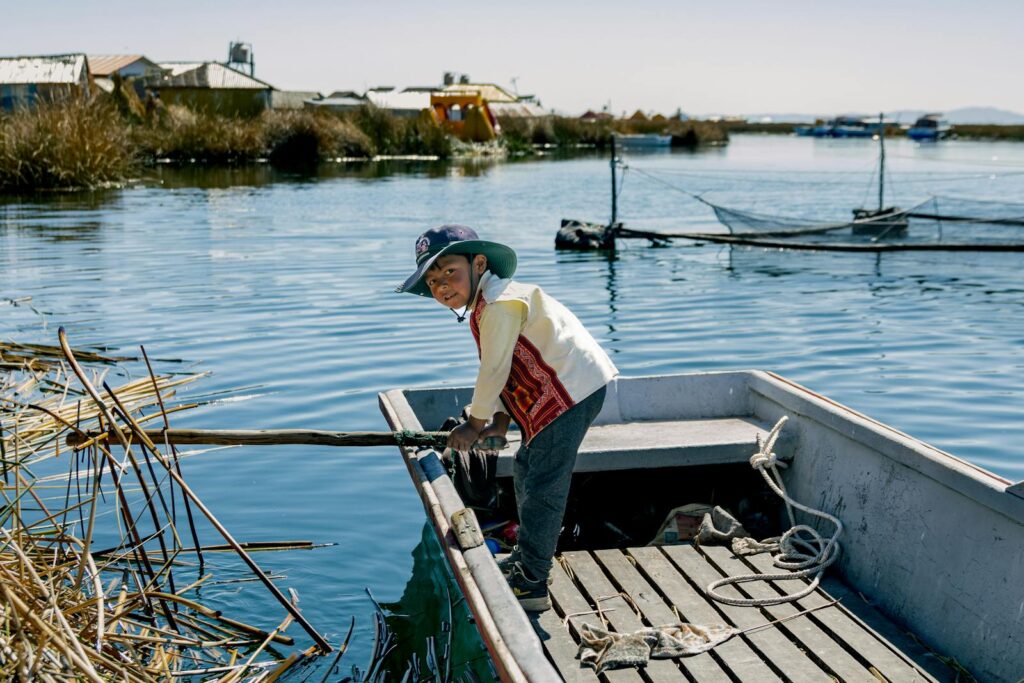
For anglers seeking middle-ground options between full-service lodges and completely independent trips, several alternatives offer different value propositions. Day guide services combined with separate accommodations provide fishing expertise without the full lodge price tag, allowing flexibility to fish guided some days and independently on others. Outfitter packages that provide equipment, local information, and sometimes basic accommodations without guided services strike a balance between support and independence at lower cost points.
Fishing-focused bed and breakfasts or small inns in fishing destinations often offer comfortable accommodations with fishing-friendly policies (early breakfasts, fish cleaning stations, etc.) while costing significantly less than full lodges. For those with appropriate skills, self-guided wilderness fishing trips with camping or basic cabin accommodations deliver authentic experiences at fraction of lodge costs, though requiring substantial planning, equipment, and experience.
Conclusion: Making Your Decision
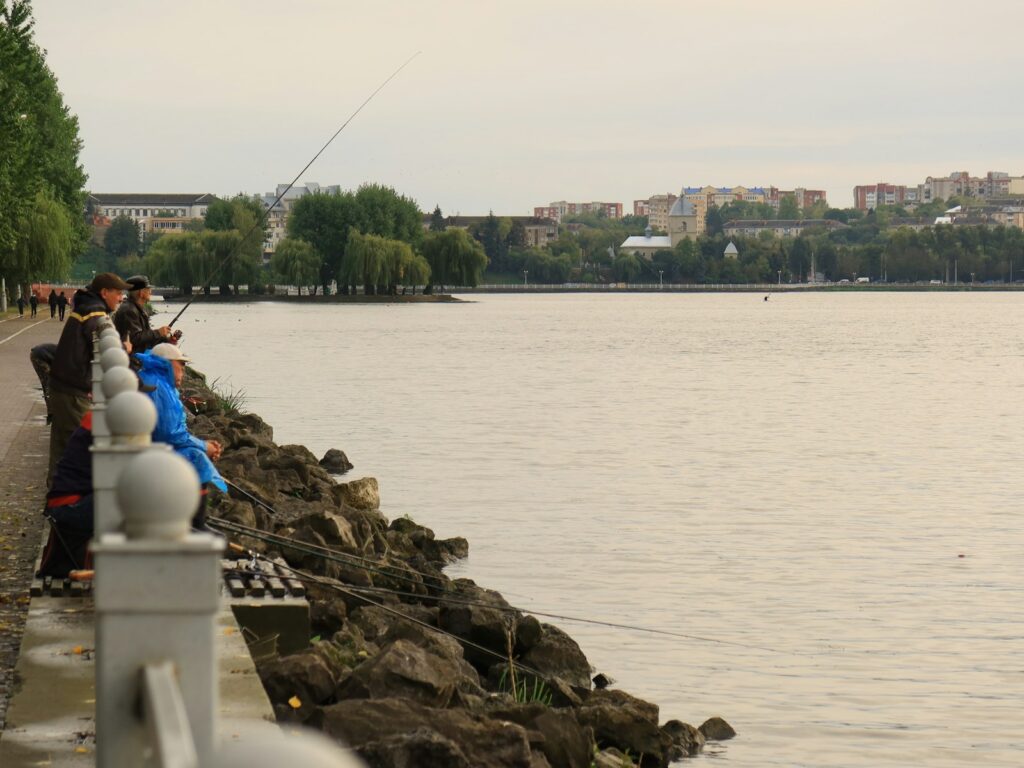
The value proposition of fishing lodges ultimately depends on individual priorities, expectations, and financial circumstances. For anglers seeking maximum fishing productivity, access to premier waters, and a hassle-free experience, quality lodges often justify their costs through tangible benefits and intangible experiences that cannot be easily replicated through other approaches. However, those who prioritize independence, personal discovery, or have strict budget constraints may find better alignment with alternative options that provide different balances of cost, convenience, and authentic experience.
The wisest approach involves honest assessment of personal fishing goals, realistic evaluation of the specific value different lodges provide for their rates, and consideration of the total experience beyond just catching fish. When viewed as comprehensive experiences rather than simply fishing accommodations, the best fishing lodges create memories and connections that many anglers find well worth the investment, while recognizing that the highest value fishing experiences take different forms for different individuals.
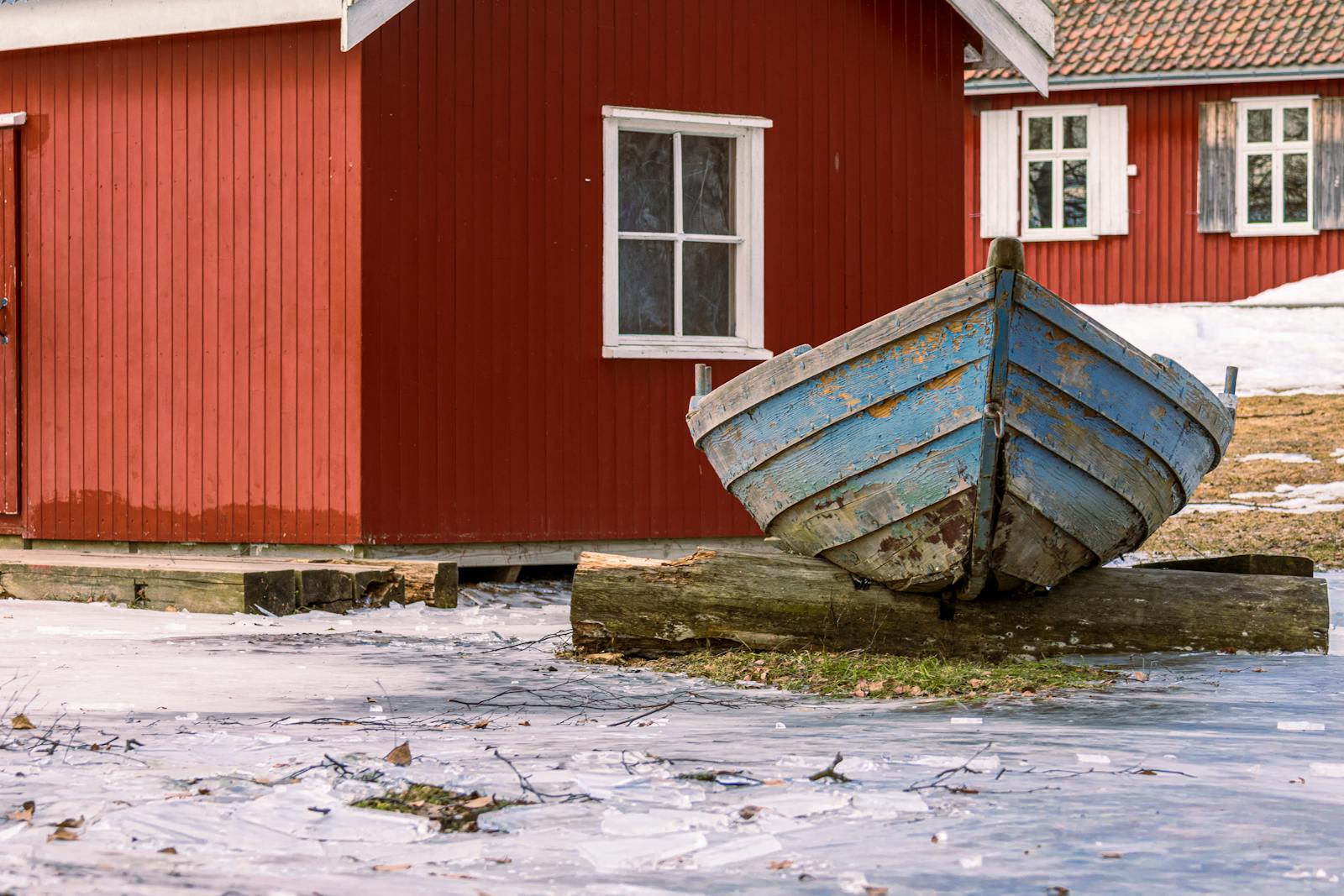
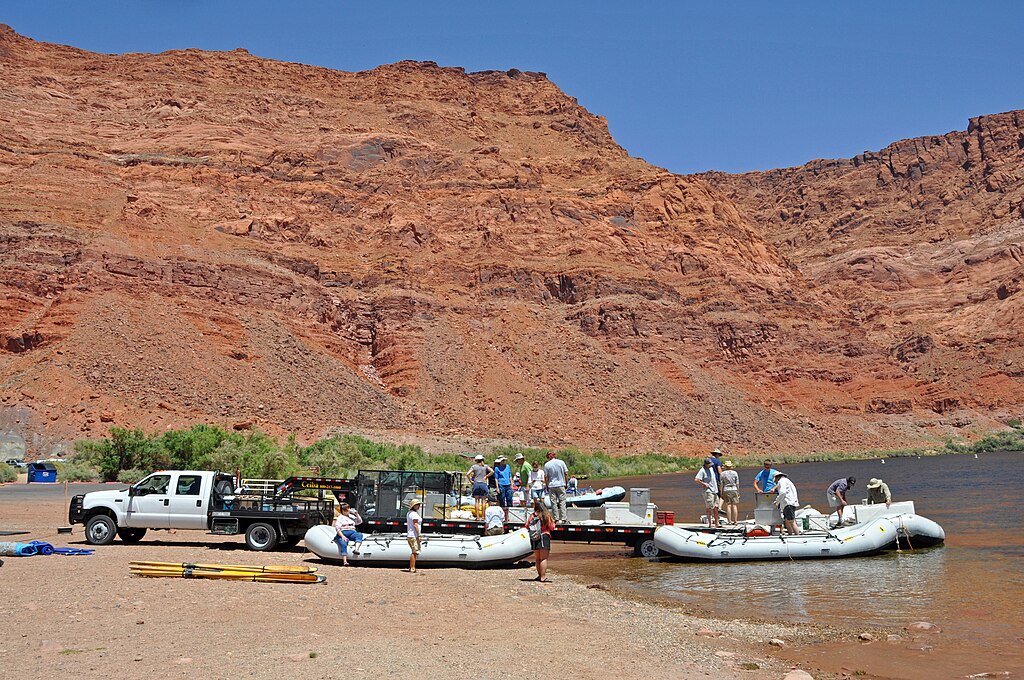

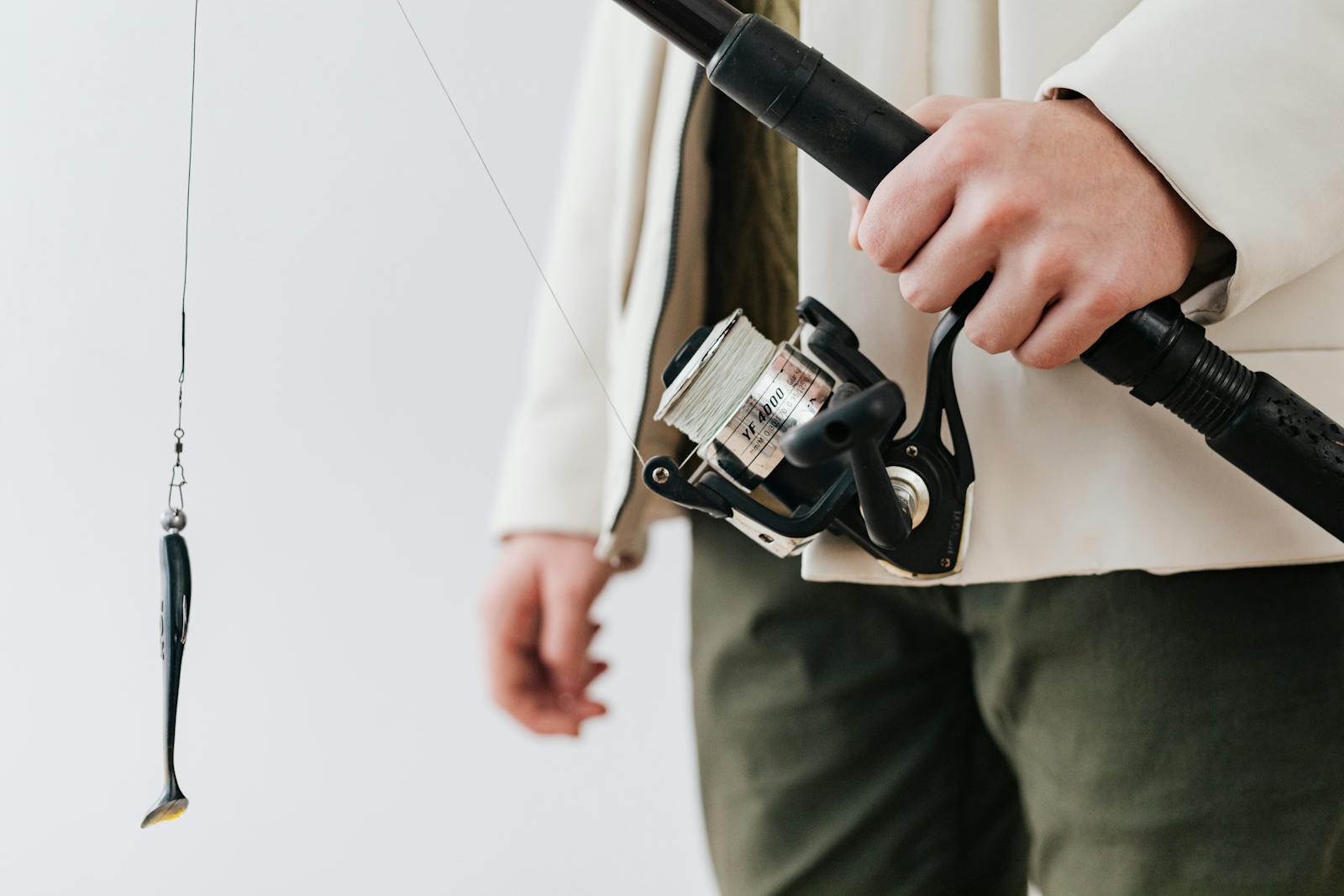
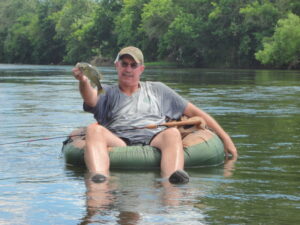
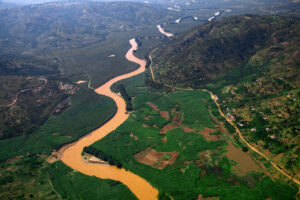








Post Comment